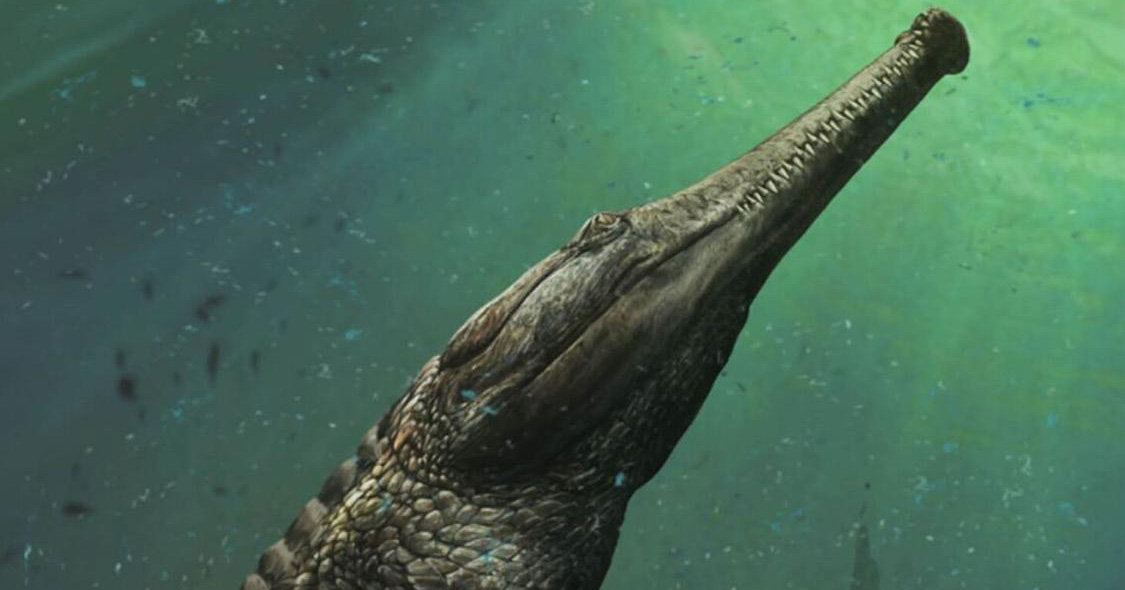
Paleontologists have found the remains of a colossal crocodile believed to be the biggest of its kind.
The newly discovered “Machimosaurus rex” species could have grown to more than 30-feet long and weighed about 6,000 pounds, National Geographic reports. The fossils, including a skull, belonging to the marine crocodile were found in the Tunisian desert in a 120-million-year-old rock, according to the magazine.
“This is a neat new discovery from a part of the world that hasn’t been well-explored for fossils,” University of Edinburgh paleontologist Stephen Brusatte, who was not involved with the new study, told National Geographic. “It would likely have been something of an ambush predator, hanging around in shallow water hunting turtles and fishes and maybe waiting for some land animals to come a little too close to the shore.”
More Must-Reads from TIME
- Donald Trump Is TIME's 2024 Person of the Year
- Why We Chose Trump as Person of the Year
- Is Intermittent Fasting Good or Bad for You?
- The 100 Must-Read Books of 2024
- The 20 Best Christmas TV Episodes
- Column: If Optimism Feels Ridiculous Now, Try Hope
- The Future of Climate Action Is Trade Policy
- Merle Bombardieri Is Helping People Make the Baby Decision
Contact us at letters@time.com